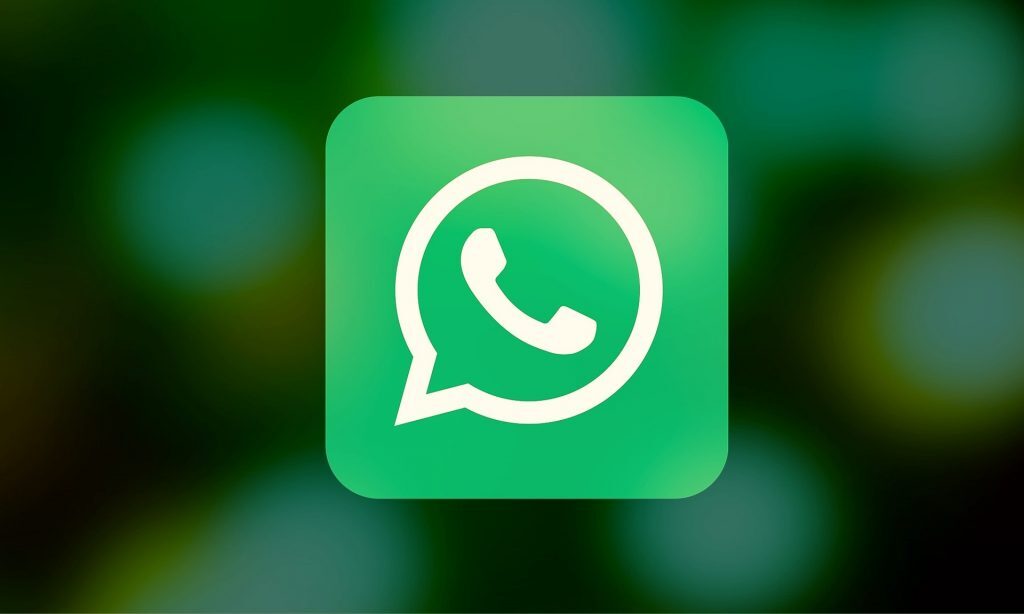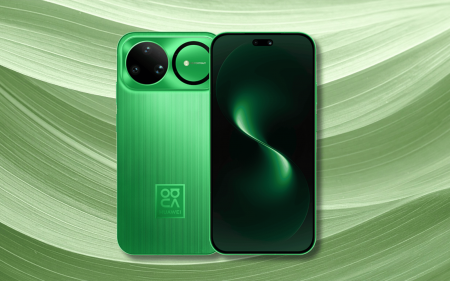With more social media, comes more responsibility. These days your biggest worry isn’t the possibility of delinquents rocking up to switch your mail with your neighbour’s. The end results are a little more serious than just having your bits go missing. If you choose to be online and use social media platforms, it’s your responsibility to keep your personal data safe.
Last week, the minister of transport, Fikile Mbalula took to Twitter to inform his followers of suspicious activity on his WhatsApp Messenger and outright said he has been hacked. Now, just to make things very clear — it’s very hard to hack a WhatsApp profile. You need a bunch of things that are pretty hard to come by — a SIM card with that particular person’s number, access to the OTP to set up an account, and in some cases a password.
Alert: please be aware that my phone had being hacked sending random WhatsApp messages to groups purporting to be from me . This has being reported to the police .
— ANC SECRETARY GENERAL | Cde Mbalula (@MbalulaFikile) September 5, 2019
That is, unless you willingly give someone access to your account, or frequent sites that can download and install malware on your phone.
Take action
Luckily, there are structures in place that can keep your WhatsApp account safe. Most of us live online now, so why won’t we reinforce our online life as we would irl? It might be time to erect some electric fences in our WhatsApp accounts.

Enable two-step verification on your WhatsApp account. Really, you should enable two-step verification on every platform where you have a profile. Granted, it’s not a foolproof way to keep others out — but it adds another layer of security that wasn’t there before.
Don’t share the 6-digit WhatsApp SMS verification OTP with anyone. Especially if you didn’t request it. If you receive a OTP and you didn’t request it, something dodgy is up and someone’s trying to gain access to your account. WhatsApp will also never ask you to share your verification code. Just don’t do it.
Most devices allow you to set a pin for each app you use. We advise setting a PIN lock on WhatsApp to better secure your phone. This will keep the sneaky peekers at bay too — which means no-one will have direct access to your phone.
Don’t download dodgy files from untrusted websites. This one should be a given, but all too frequently folks are caught by these scams. Only download apps from the main app store for your platform — and even then, don’t give them access to vital parts of the phone’s OS when they ask for access.
Although we live in a strange and ever-changing world, it’s important to keep our cyber-affairs in mind and be more security conscious when it comes to online behaviour.
Whether Minister Mbalula just took his eyes off his phone for a minute or downloaded suspicious malware that received direct access to his apps, it could have been avoided. So — don’t be a Mbalula. On the other hand, you can always look for an alternative to WhatsApp…




